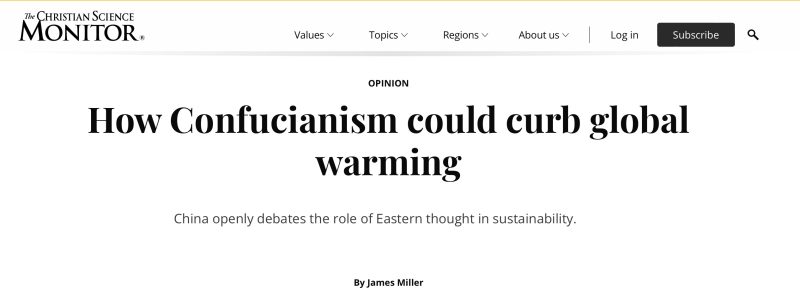Recorded Tuesday April 14, 2020.
- How does training in the traditional disciplines of the university actually contribute to the current global crises such as COVID-19, global climate change, social inequality, or democratic erosion?
- Is interdisciplinarity in fact a kind of higher educational reform movement whose outcome might be the restructuring of the traditional taxonomies of knowledge production in the contemporary university?
- The key disciplines and taxonomies of knowledge in the contemporary university derive from the classical civilizations of ancient Greece and Rome. When key concepts such as “science” or “religion” were introduced to China and Japan neologisms such as kexue 科学 and zongjiao 宗教 were created, in effect negating China’s long history of science and religion. How should the disciplines of the university, especially in the humanities, better adapt to categories of indigenous knowledge production?
In this conversation, James Miller discusses interdisciplinarity with Professor Simon Goldhill from Cambridge University. Professor Goldhill was the first director of CRRASH, the Centre for Research in Arts, Humanities and Social Sciences at Cambridge University. During his tenure as director, CRRASH became the world’s leading interdisciplinary research institute of its kind, employing over 40 postdoctoral researchers on a number of groundbreaking collaborative projects.




